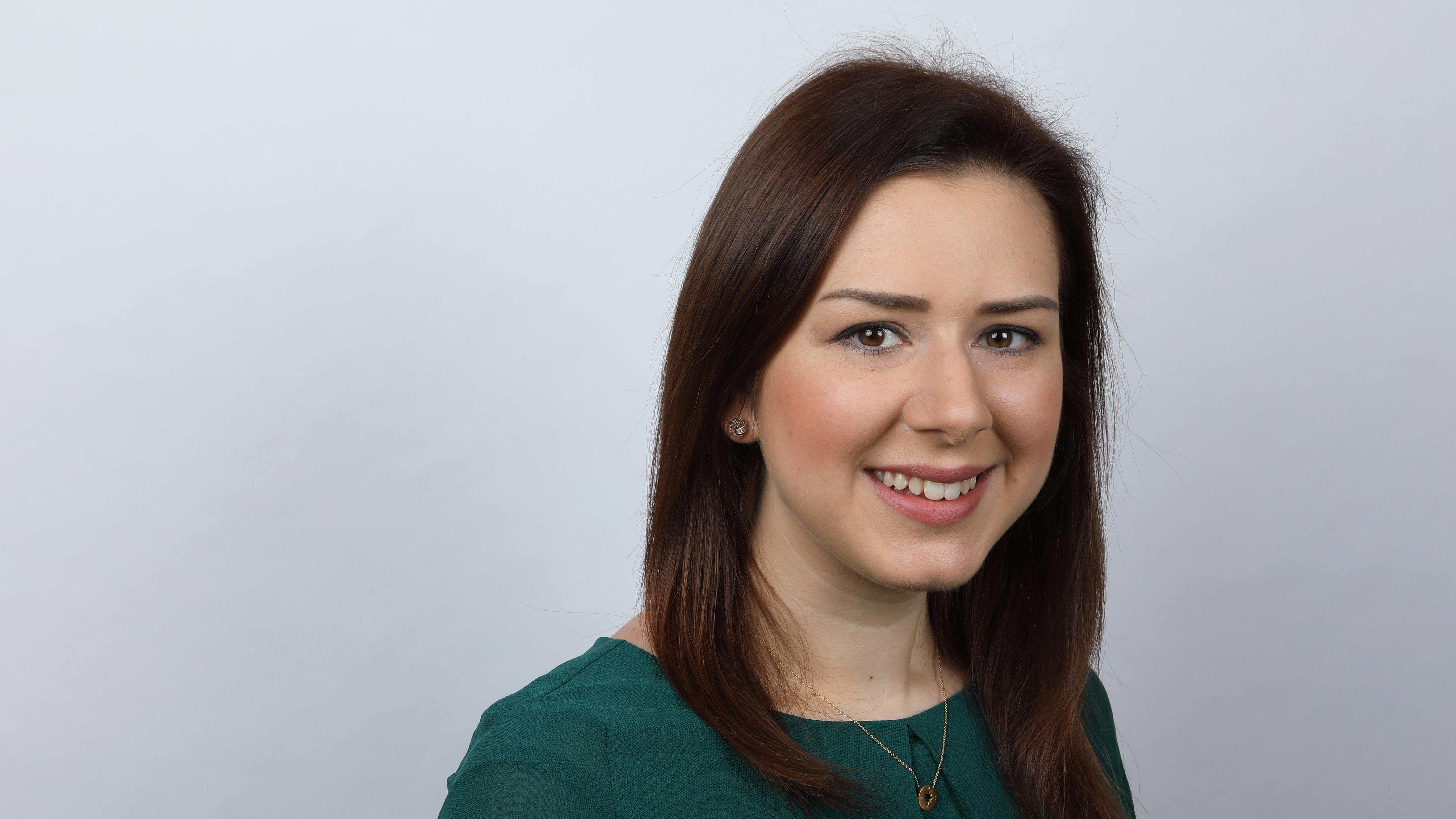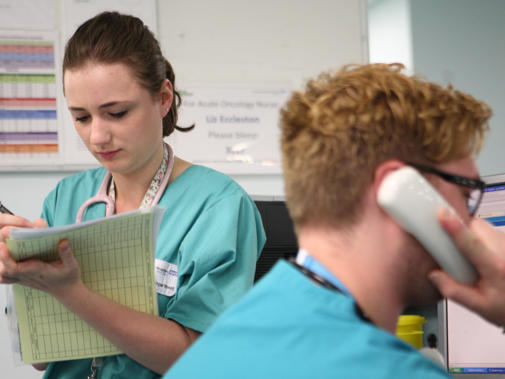That is the message from junior doctors leaders after HEE (Health Education England) announced that rotations across the capital would be paused for four weeks to ‘support the delivery of patient care and to protect and maintain pastoral and well-being support of trainees’.
It comes as the London health service faces extreme pressure from record numbers of COVID-19 admissions and demand for intensive care beds.
BMA junior doctors committee chair Sarah Hallett said: ‘The situation in London is dire and clinical pressures are high. With a large number of juniors ready to rotate we understand the need to act to protect patient safety and the well-being of junior doctors.’
Dr Hallett said junior doctors in London had been sent information about the decision, including details of how to apply to continue with rotation for staff who have concerns about their ability to train, a detrimental impact on their well-being or other practical concerns like accommodation or travel.
‘The key will be ensuring junior doctors know these exemptions exist. And that people are aware of their own personal levels of burnout.’
Support well-being
 HALLETT: Support doctors who have not rotated
HALLETT: Support doctors who have not rotated
Dr Hallett added: ‘There also needs to be support for doctors who have not rotated – training has not been paused and needs to continue and there needs to be an increased awareness of well-being support.’
Health Education England regional postgraduate dean Sanjiv Ahluwalia said: ‘As a result of the current COVID surge and the unique challenges this has resulted in across London, HEE London has taken the decision to “pause” the rotation of all HEE trainees due to rotate in February 2021 for a period of 4 weeks to support both the delivery of patient care and to protect maintain pastoral and wellbeing support of trainees.
‘This pause will involve all postgraduate medical and dental trainees.’
HEE would not give a definitive answer on whether other areas were discussing taking or planning to take the same steps but received no direct answer. A spokesperson said: ‘This decision applies to London only. Individual areas will make their own decisions based on their circumstances.’
She added: ‘HEE is continuing to support the collective response to this pandemic. We are working to support the wider system in delivering vital services, but also need to fulfill our responsibility to look after our trainees and meet their educational and training needs to become the future specialist workforce.
‘There is no 'one size fits all' position as response to the pandemic varies from region to region, so we are working with all parties involved to keep any disruption to an absolute minimum.’
Dr Hallett said it would be a ‘concern’ if other areas were to announce a pause to rotations given how late such a decision would be coming.
She said: ‘Other regions will all have looked at this and London is the only one we are aware of so far – there are pressures in other regions but if they are going to make these decisions they have to be made in advance. These decisions cannot be made last minute as they have a very significant impact on junior doctors.’
Avoid burn-out
 WIJESURIYA: 'We are all pretty exhausted'
WIJESURIYA: 'We are all pretty exhausted'
BMA North Thames regional junior doctor committee co-chair Jeeves Wijesuriya said: ‘I think it is fair to say we are all pretty exhausted. People have been working flat out for quite a long time.
‘Given what we are facing junior doctors understand that we are wanted in environments where we know what is happening around us, where we know supervisors and clinical environments and there is also the public health element of reducing the spread by avoiding moving to other sites.’
Dr Wijesuriya said it was vital employers were understanding and offered pastoral support to junior doctors as well as honoured existing leave arrangements.
He said: ‘We need trusts to do everything they can to make sure we still have a workforce left when this pandemic is over. What we don’t want to see is a situation where huge parts of the workforce are burned out.’
Dr Hallett and Dr Wijesuriya said any junior doctors concerned about the situation or need assistance should contact the BMA.'
Dr Hallett said: ‘If they feel they meet exemption circumstances and they are not being looked at we will be supporting people and they should contact the BMA. Please do approach us.’
Dr Wijesuriya said: ‘Junior doctors should contact the first point of contact service at the BMA who we have spoken to. Our industrial relations officers in London are up to speed and are there to support them.’

